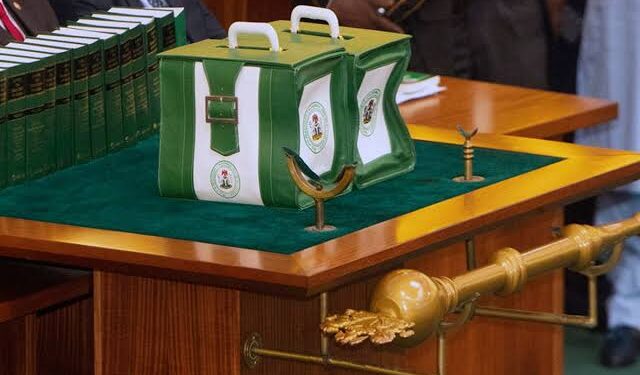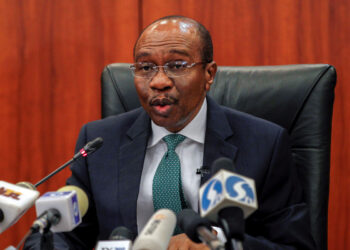In the second quarter of 2024, Nigeria’s Federal Government had a fiscal deficit of N4.53 trillion, which is a big jump from N3.88 trillion in the previous quarter, according to the Central Bank of Nigeria’s economic report. This deficit happens when the government spends more money than it earns from taxes and other sources, meaning it’s spending more than it’s bringing in.
Revenue and Spending
Despite deficit increase, the federal government’s revenue increased slightly to N2.3 trillion, which is a 57.66% rise from the first quarter. But this amount is still 52.49% less than what was planned for that period, so the government has to rely heavily on borrowing to cover the gap. The government’s total spending also went up a lot to N6.83 trillion, mostly because of high interest payments on loans and other financial commitments, which is a 27.79% increase from the last quarter.

Breakdown of Expenditure
- Recurrent Expenditure: 89.7% of the government’s spending was for regular costs.
- Capital and Transfer Payments: These were 3.66% and 6.37% of the total spending, respectively.
Rising Deficit Concerns
The increasing deficit is causing financial risks, especially with more money needed to pay off debts. If the government keeps not meeting its revenue goals each quarter, the deficit could grow even more, especially with high interest rates and inflation. This shows a long-term problem with the government’s finances.
Monetary Policy Committee Concerns
In the last meeting of the Monetary Policy Committee in September, members were worried about the growing fiscal deficit. They said it puts pressure on the whole economy, especially in Nigeria’s current situation with high inflation.














